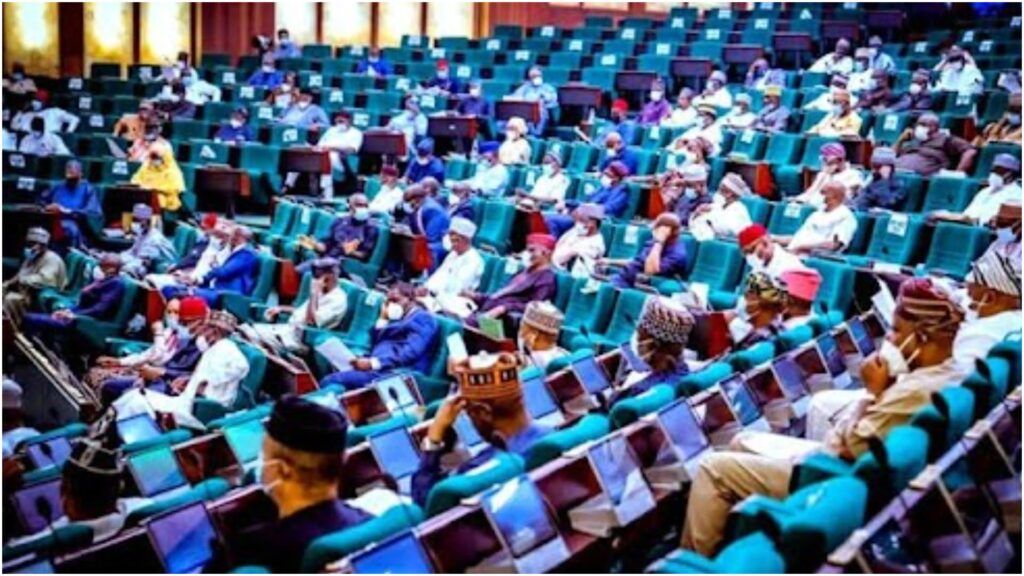A constitutional debate has erupted following the House of Representatives’ invitation to Governors Dauda Lawal of Zamfara State and Hyacinth Alia of Benue State, as well as members of the respective State Houses of Assembly, over rising insecurity in their states.
The federal lawmakers, in a bid to investigate the escalating violence and criminal activities in the two states, had extended invitations to the governors and state legislators – which had been snubbed by the parties in question.
Both the governors and their assemblies had been asked to appear before the House Committee on Public Petitions last Thursday but refused to show up prompting the committee to reschedule the hearing.
However, some senior lawyers are questioning the extent of the green chamber’s powers in such a move. Speaking on the matter, a Senior Advocate of Nigeria (SAN), Chief Solo Akuma, clarified that while the House of Representatives may have good intentions in addressing the worsening security situation, it may have overstepped its legal boundaries.
“If the House is conducting a security investigation, they may extend their invitation to anyone they believe could help provide solutions. “But it is crucial to note that the governors and the state assemblies are not under the oversight authority of the National Assembly,” Akuma said.
According to him, the House of Representatives’ oversight jurisdiction covers only institutions directly under the Federal Government, such as the Nigeria Police Force and the Department of State Services (DSS). “They [the House] can request information from those agencies that are directly involved in national security.
“The governors and state lawmakers are not obligated to honour such invitations, and there’s nothing the National Assembly can legally do if they choose not to appear,” he explained. Akuma stressed that the invitation remains discretionary, not binding, and that attending or declining is at the sole prerogative of the invitees.
Another prominent SAN, Dr Abiodun Layonu, echoed similar sentiments, emphasising the nature of the communication from the House as an invitation rather than a summons. “It’s not a summons, and that distinction is very important. The governors are unlikely to appear in person.
They may instead delegate representatives or send in written responses,” Layonu stated. Layonu noted that the invitation has no constitutional teeth to compel attendance, particularly for state governors who enjoy a different layer of autonomy under Nigeria’s federal structure.
In his comments, a senior lawyer, Onesimus Ruya, said the National Assembly lacks such power, adding that there are constitutional boundaries for legislative powers. “Summoning the governor and assembly members of a state is a legislative overreach into executive functions.
“Actions such as suspending elected officials without due process constitute a breach of constitutional provisions and undermine democratic principles,” he explained.
Speaking in the same vein, a rights activist, Abiodun Olugbemide, disclosed that the National Assembly lacks the constitutional power to summon governors and members of the assembly.
It would be recalled that the ongoing insecurity in the North Central and North West regions, particularly in Benue and Zamfara, has been a source of national concern, prompting lawmakers at the federal level to seek a collaborative approach.















